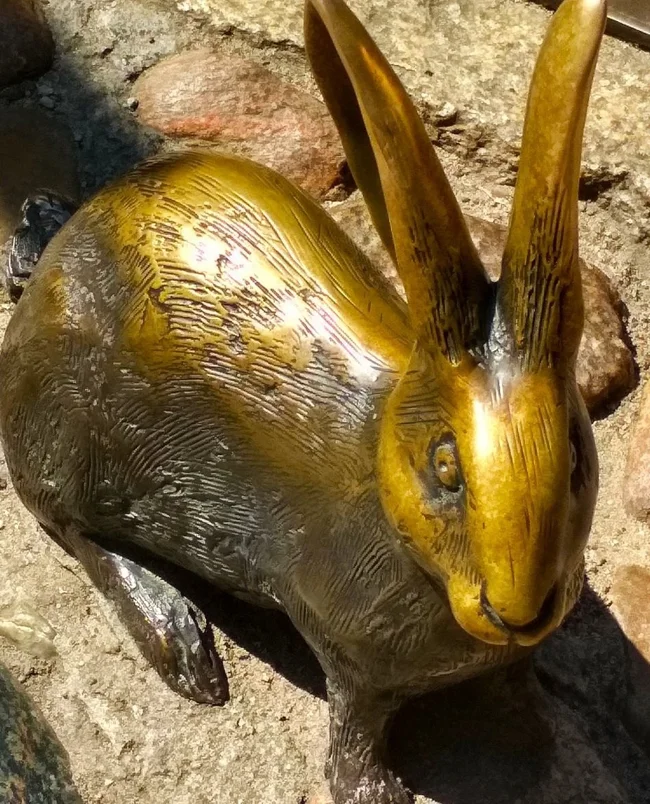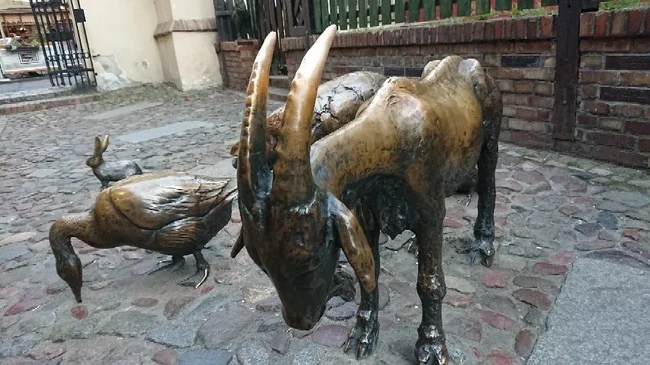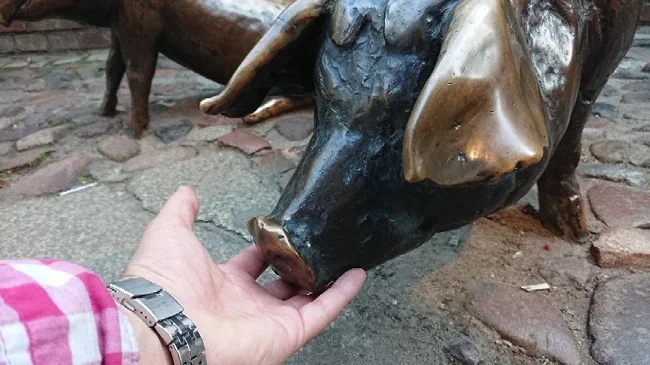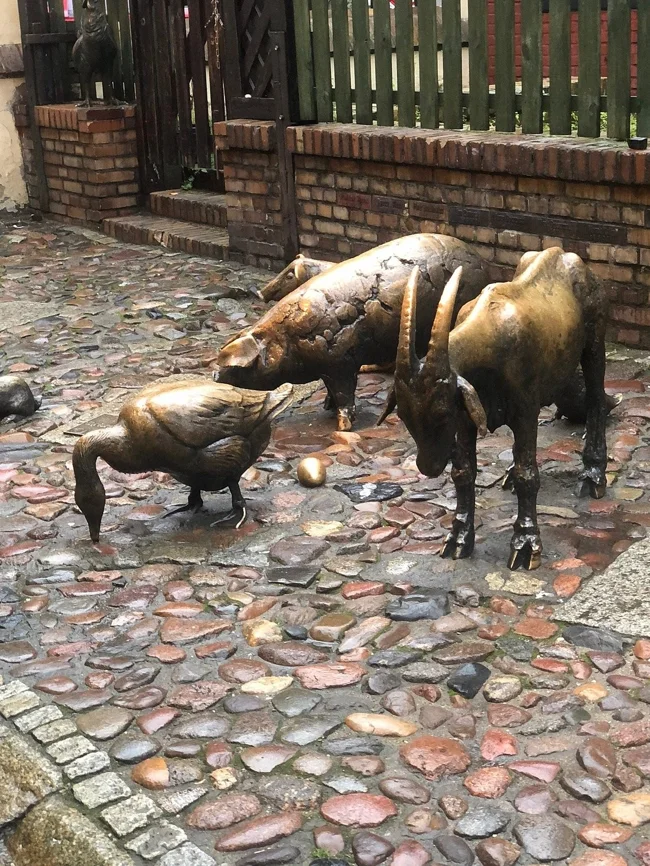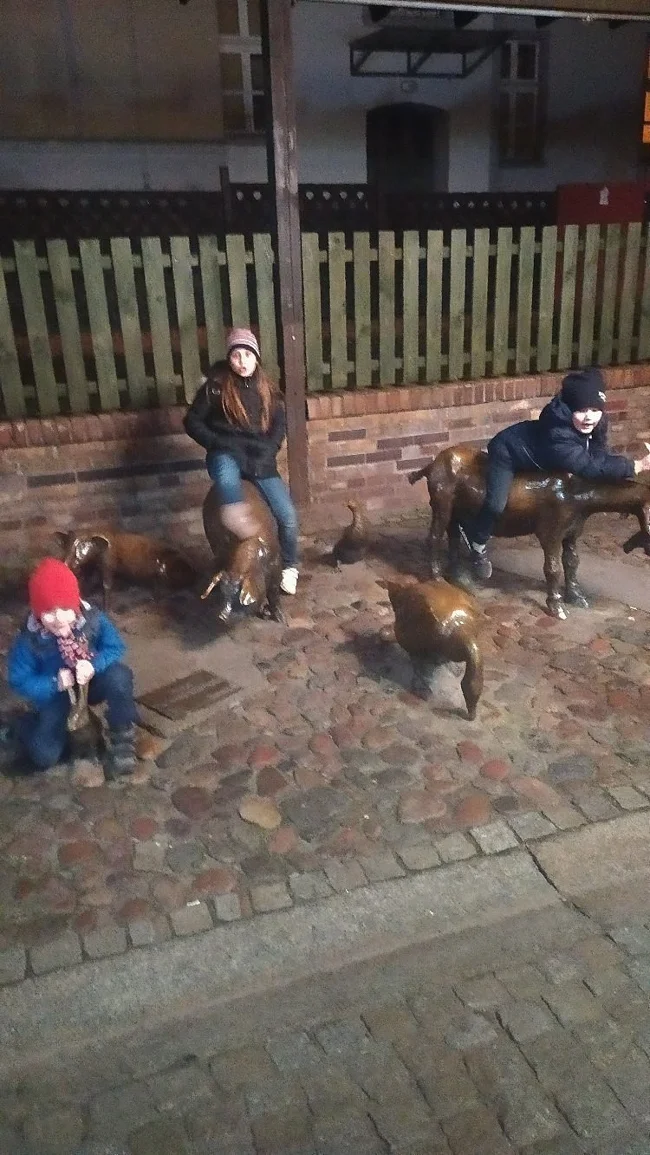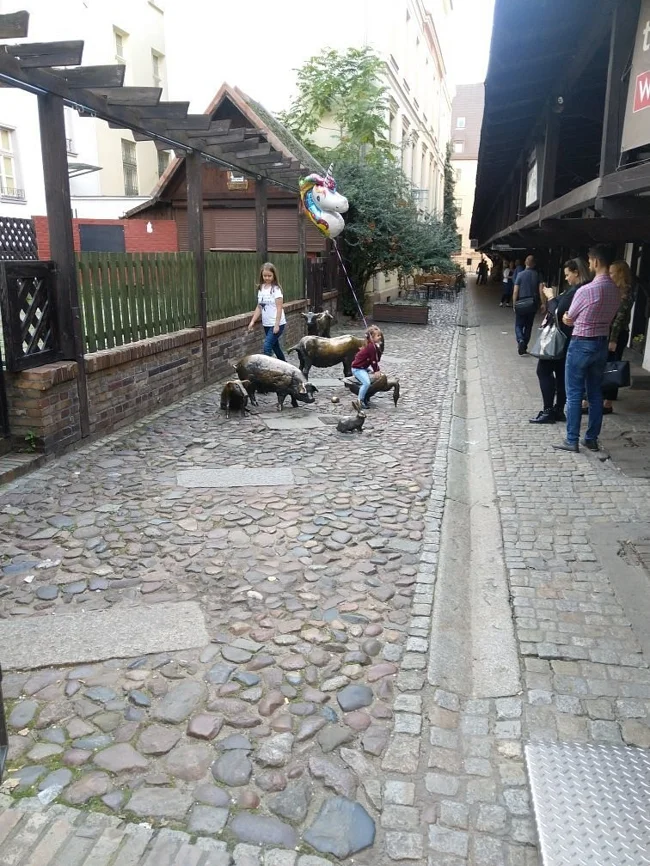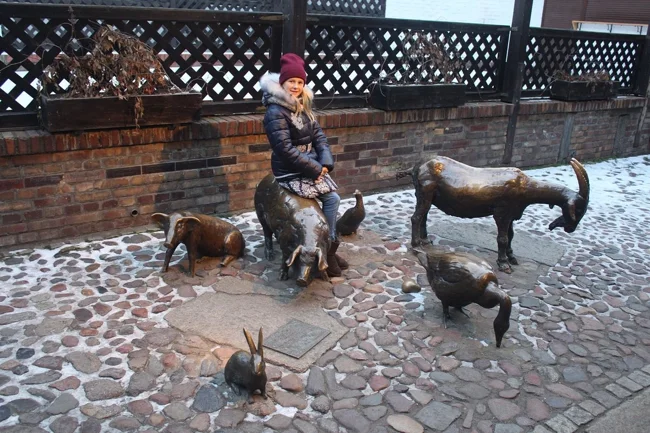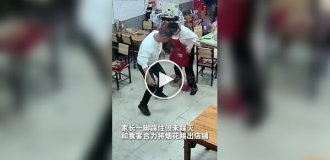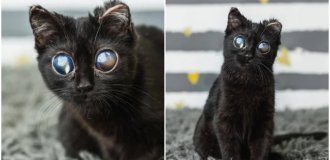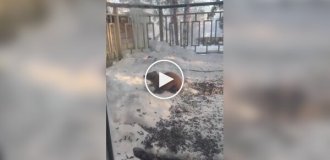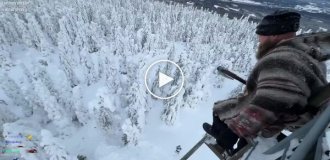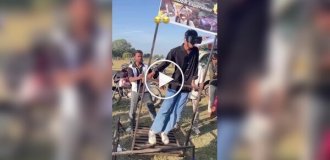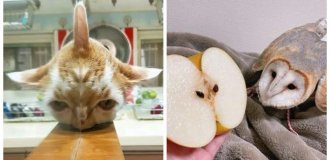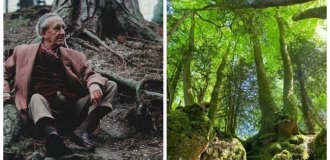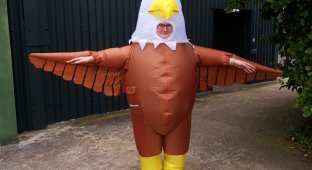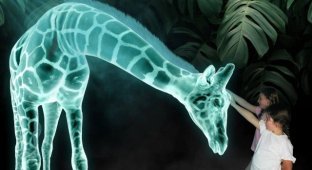Monument in honor of the killed animals of Wroclaw (13 photos)
The livestock are quite cute and cuddly. But this does not negate the fact that piglets, sheep and chickens become food for humans. 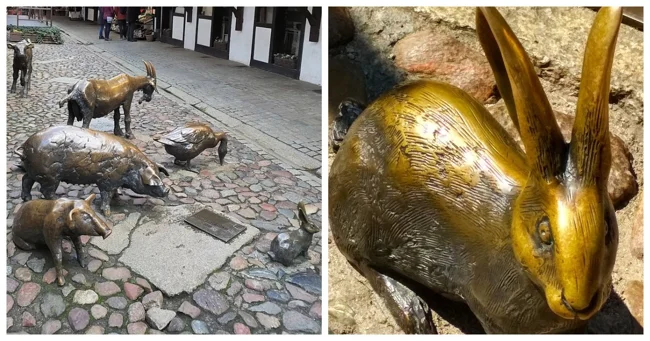
In order to somehow commemorate the feat of farm animals, this sculptural group was installed in the center of the ancient meat market of the city of Wroclaw in Poland - a gloomy monument in honor of livestock. 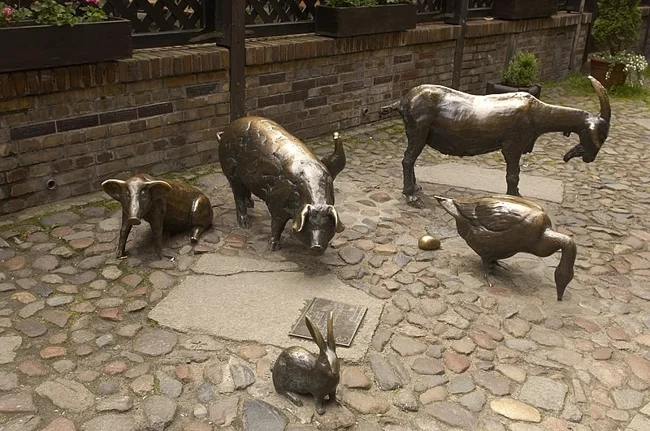
Metal animals are located on this picturesque street. While the statues look cute, they are actually a grim reminder of the countless animals that have perished in the area over the centuries. 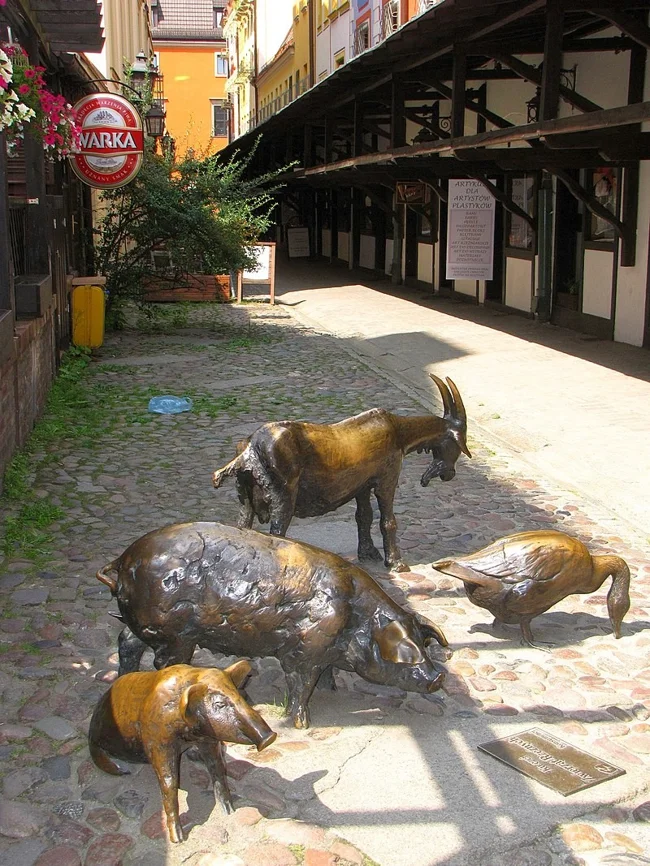
Since the 1240s, the historical Stare Jatki, which translated means “Old Shameful Gate,” has provided the inhabitants with meat from various types of animals and birds. Under the protection of powerful guilds, trade in meat and meat products flourished in this part of the Old Town for many generations. What is noteworthy is that all the shops were located strictly along the same line. If someone decided to stand out and brought the facade even a little forward, then the offender would face severe punishment, including the death penalty. 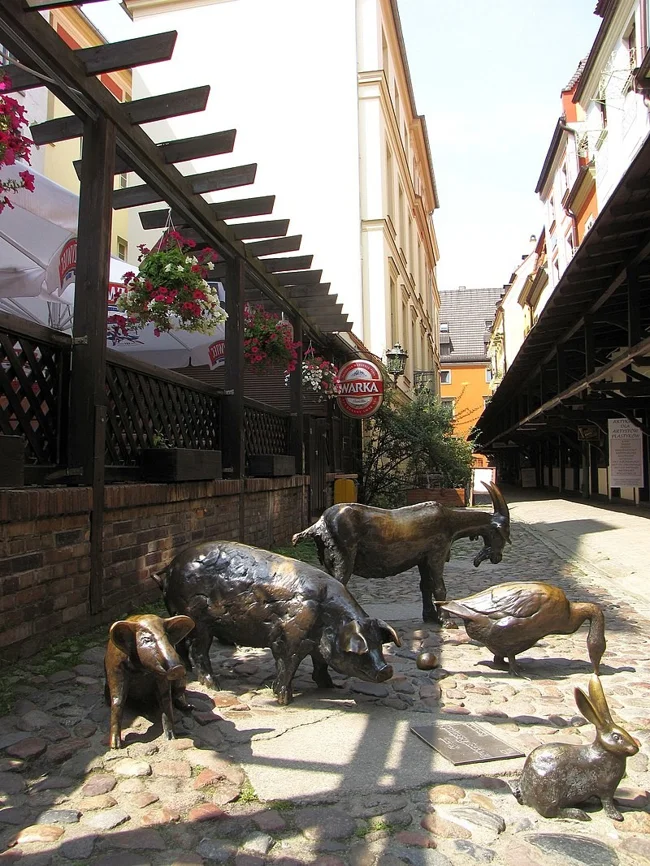
But in the end, the industry was forced to leave the center. Although bread, meat and buckwheat continued to form the basis of the local diet, by the mid-18th century the authorities gradually pushed this area out of the city center and replaced butcher shops with less intimidating manufacturing enterprises in order to create an image of a prosperous modern city. 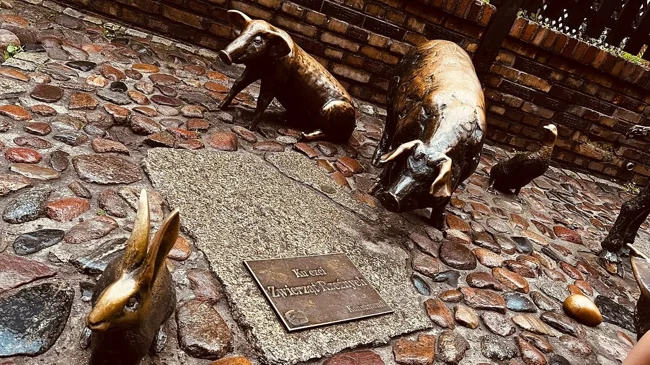
After the buildings of Stare Jatka were partially destroyed during the Second World War, they were restored and now house art and design shops, workshops for painters and representatives of other creative professions. 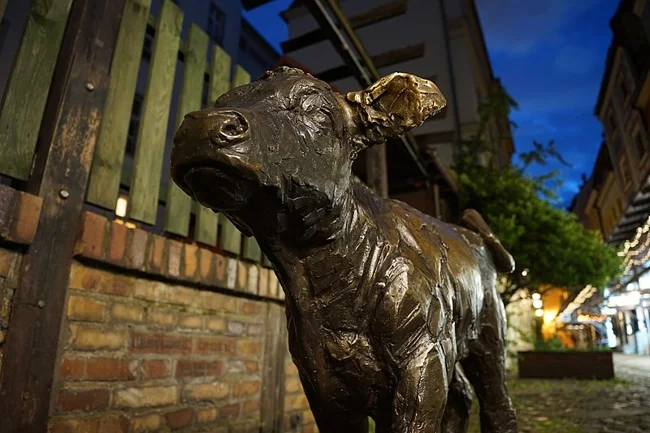
The monument honors the animals killed when the area was a hub of butcher shops and was erected in 1997. It originally consisted of several life-size bronze statues: a goose (with an egg), a pair of pigs, a rabbit, a rooster and a goat. Each creature was designed and made by a different artist. By 2017, a calf joined them (the cow was considered too large for this place). 